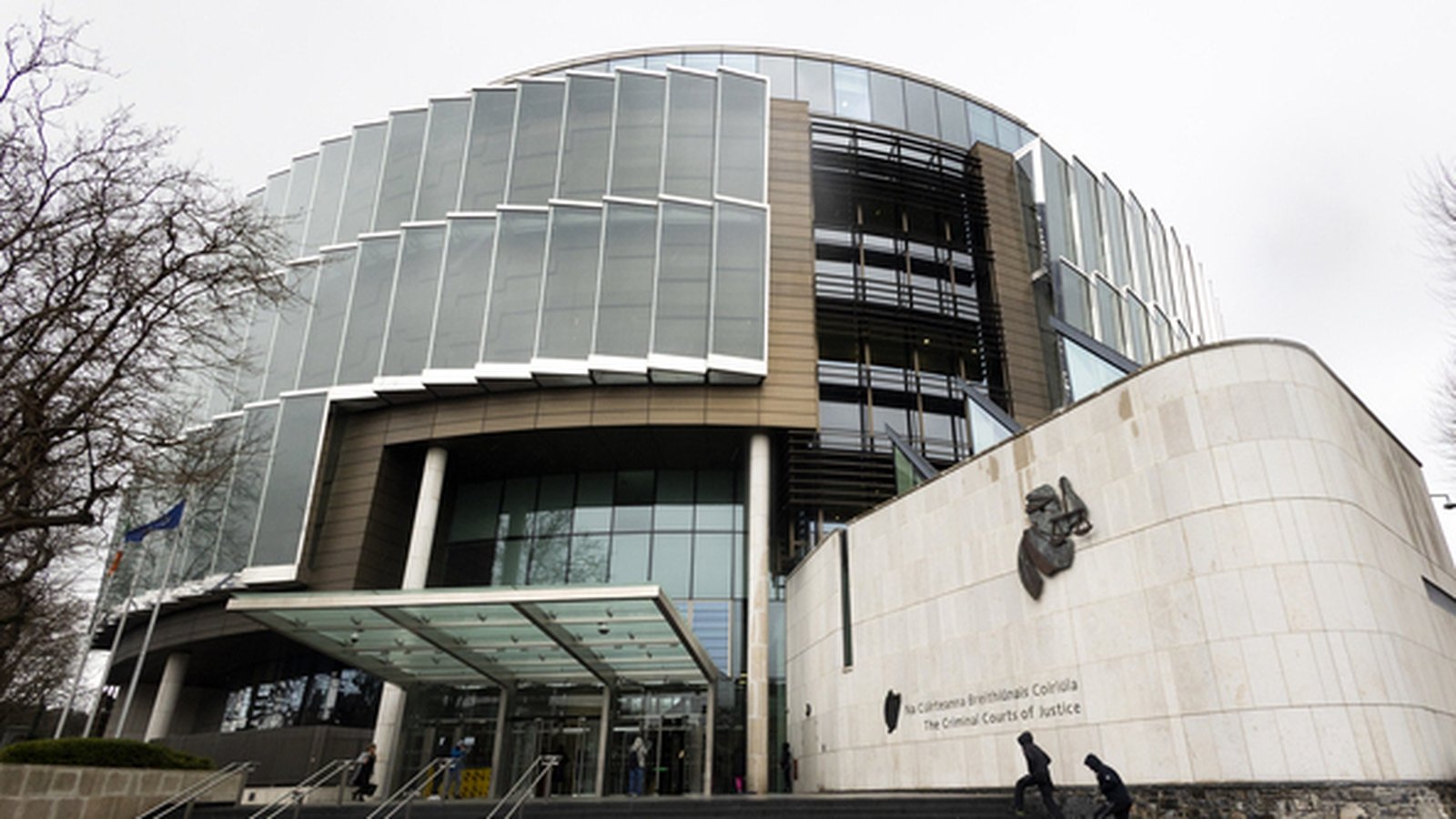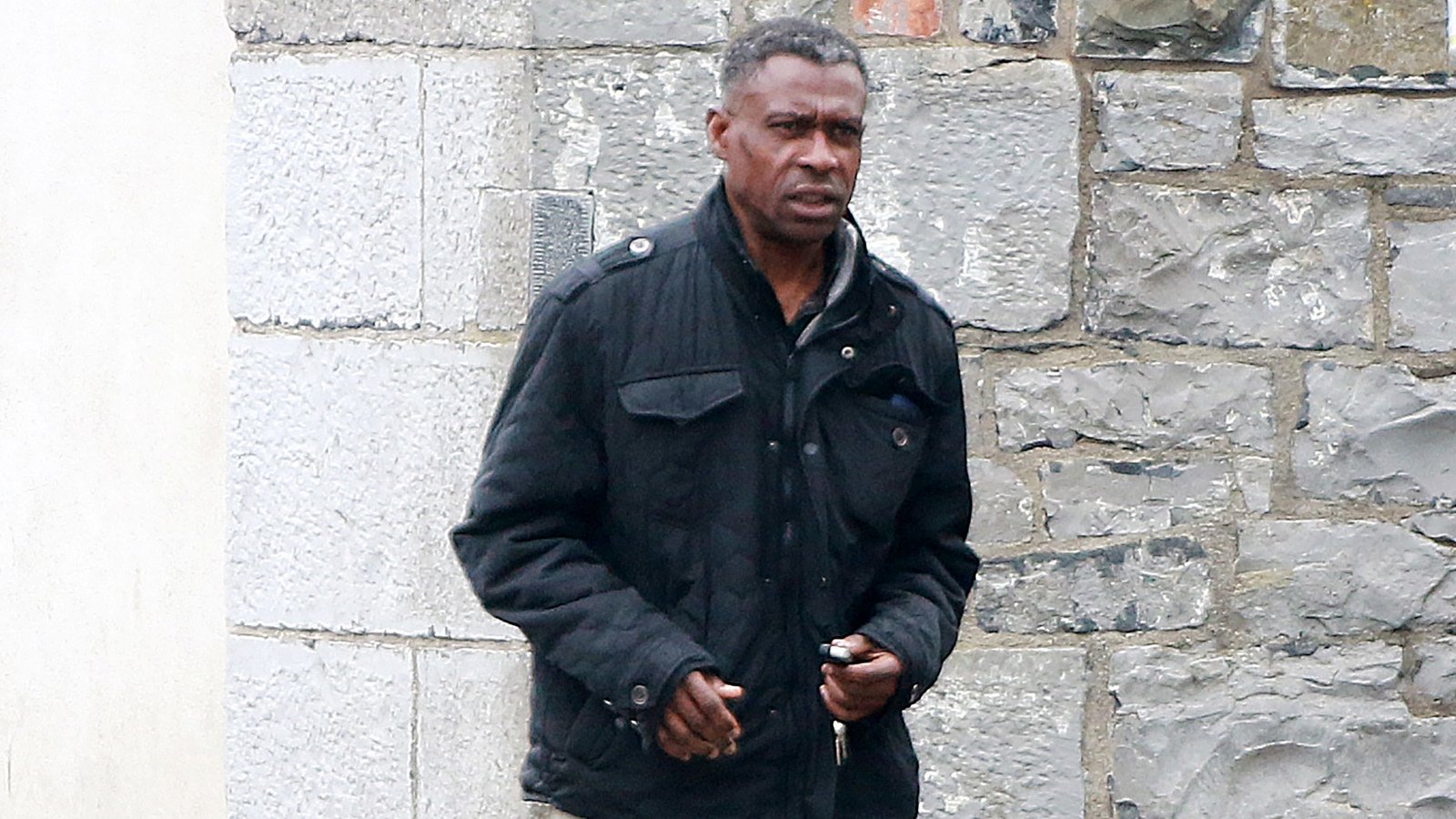France warns citizens not to travel to Israel and Iran
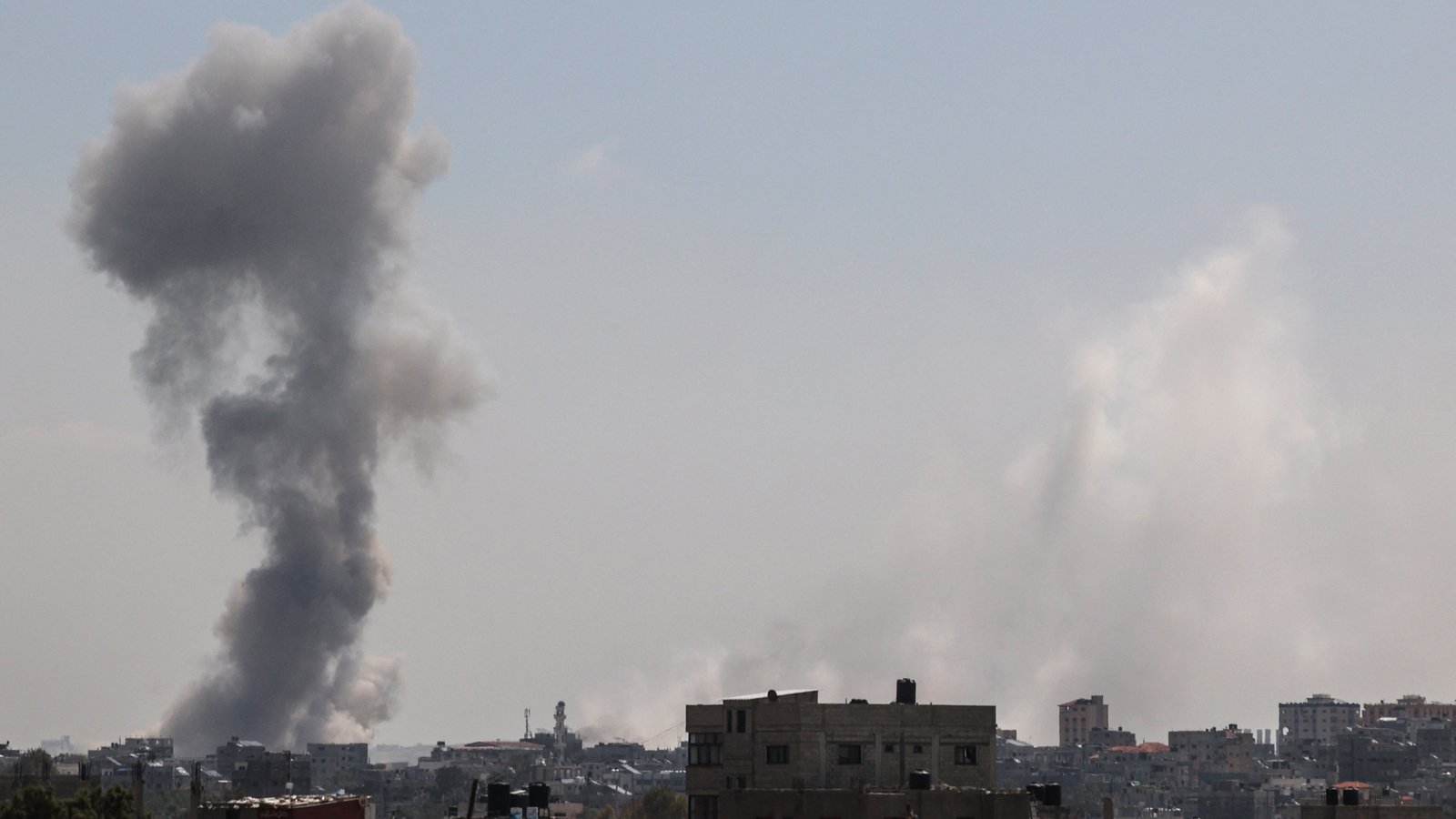
The French foreign ministry has advised French citizens against travelling to Iran, Lebanon, Israel and the Palestinian territories amid Iran’s threats against its regional adversary.
Iran has threatened reprisals against Israel over a strike on the Iranian consulate in Syria on 1 April that killed seven Revolutionary Guards including two generals, sparking fears of an escalation of violence in the Middle East.
Iran has vowed retaliation over the strike in Syria and Israel warned of retaliation to any strike against it.
France’s Foreign Minister Stephane Sejourne at a crisis meeting also asked that family members of French diplomats in Iran be evacuated, and no French civil servants be sent on missions to the listed countries.
The United States has also restricted the movements of its diplomats in Israel over security fears.
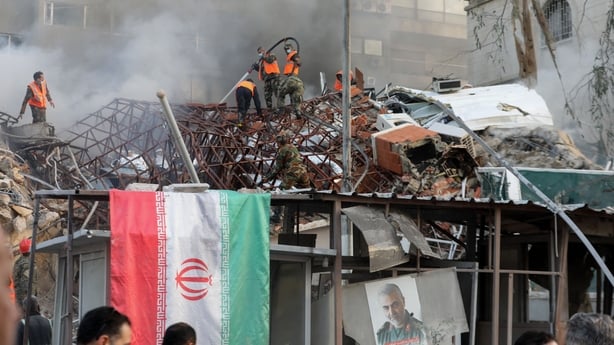
“Out of an abundance of caution, US government employees and their family members are restricted from personal travel” outside the Tel Aviv, Jerusalem and Beersheeva areas “until further notice,” an embassy notice said.
“The security environment remains complex and can change quickly depending on the political situation and recent events,” it said.
The US embassy did not state the cause for new alarm, which comes more than six months into Israel’s war with Hamas
The US vowed that its security support for Israel is “ironclad” and Secretary of State Antony Blinken has reached out to counterparts from China and other countries to encourage them to use their influence to urge Iran not to “escalate.”
“Echoing President Biden’s unequivocal message to Israeli Prime Minister Netanyahu, Secretary Austin assured Minister Gallant that Israel could count on full US support to defend Israel against Iranian attacks, which Tehran has publicly threatened,” the Pentagon said.
It added that a visit by the top US general for the Middle East, Army General Michael “Erik” Kurilla, to Israel had been moved up so he could meet with Israeli military leadership and discuss “current security threats.”
Mr Kurilla has been travelling to Israel regularly in recent months.
Israeli Defence Minister Yoav Gallant said that Israel would respond directly to any attack by Iran.
“A direct Iranian attack will require an appropriate Israeli Response against Iran,” Mr Gallant told US Secretary of Defense Lloyd Austin, according to remarks issued by his office.
Israel preparing for scenarios in other areas – Netanyahu
Israel is keeping up its war in Gaza but is also preparing for scenarios in other areas, Prime Minister Benjamin Netanyahu said, amid concern that Iran was preparing to strike Israel in response to the killing of senior Iranian commanders.
“Whoever harms us, we will harm them. We are prepared to meet all of the security needs of the State of Israel, both defensively and offensively,” he said in comments released by his office following a visit to the Tel Nof air force base in southern Israel.
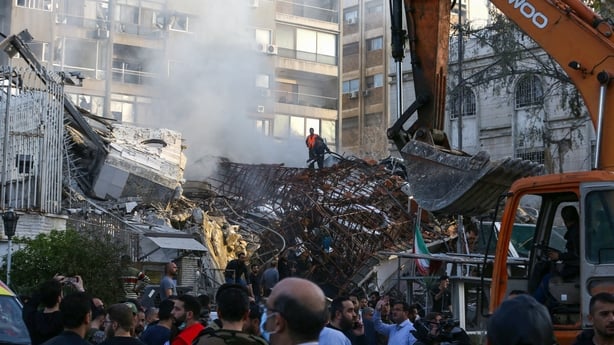
Israeli chief military spokesman Rear Admiral Daniel Hagari said civilians were not being told to make any special preparations but added Israel was “highly prepared for a range of scenarios”.
Mr Netanyahu made his comments as Israeli troops and warplanes started an operation in central Gaza which the military said was aimed at destroying infrastructure of armed Palestinian groups.
Most Israeli troops have been pulled out of Gaza, in preparation for an assault on the southern Gaza city of Rafah, where more than 1 million Palestinians are sheltering, but fighting has continued in various areas of the enclave.
Residents and militants said fighters have engaged in gun battles with Israeli forces, which attacked the northern and southern areas of the Al-Nuseirat refugee camp. Israeli strikes from air, ground and sea, which so far have destroyed several buildings including two mosques, were almost non-stop, they said.
“It was as if the occupation army was launching a new war, “Raouf Abed, 20, said via chat app from Deir Al-Balah to the south of Al-Nuseirat refugee camp. “The explosions were non-stop, the sounds came from different directions,” he said.
“Every time we hope there will be a ceasefire, Israel escalates the aggression, as if they are trying to pressure Hamas by hitting on us, the civilians,” he said.
The fighting in Gaza, now in its seventh month, has overshadowed the increasingly tense situation further north where Israeli troops have engaged in daily exchanges of fire with Hezbollah militia fighters across the border in Lebanon.
The military said Israeli jets hit Hezbollah military targets in the areas of Meiss el Jabal, Yarine, and Khiam, as well as a Hezbollah observation post in the area of Marwahin and another compound in Al-Dahira in southern Lebanon.
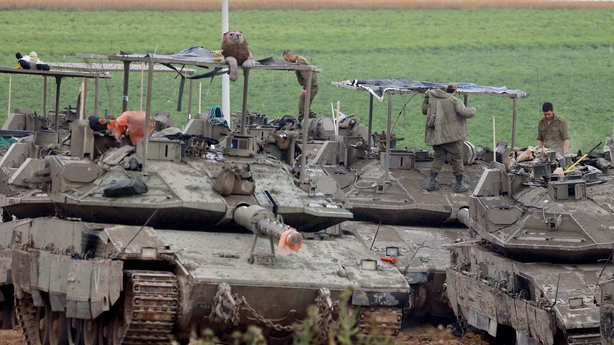
The Iranian-backed militia, which is thought to have a large arsenal of missiles, has long been considered to be one of the most likely forces that Tehran could use against Israel but so far, both sides have held back from a full scale confrontation.
Israeli military strikes killed 63 Palestinians and wounded 45 others in the past 24 hours, the Gaza Health Ministry said.
At least 33,545 Palestinians have now been killed since the Israeli offensive began, the ministry said, with most of the 2.3 million population displaced and much of the enclave laid to waste.
The war began when Hamas led an attack on southern Israel, in which 1,200 people were killed and 253 taken hostage. Around 130 are still being held in Gaza, Israel says.


